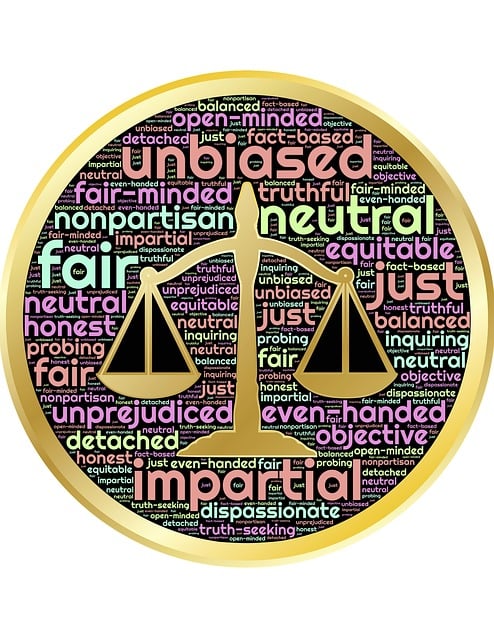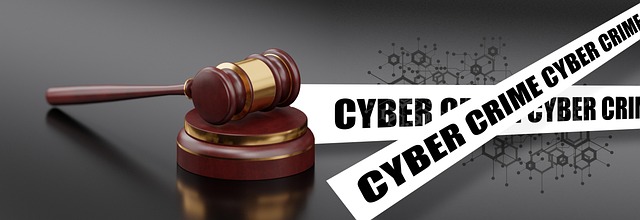Civil Law Experts in Defamation Suits are crucial for protecting individuals and businesses from legal repercussions of false statements damaging reputation. They navigate complex laws, ensuring fair processes, upholding free speech rights, and mitigating risks. Early risk assessment, fact analysis, and strategic decision-making empower them to proactively avoid litigation or achieve favorable outcomes, especially in high-stakes cases where reputation and financial damages are significant concerns.
In today’s legal landscape, effective litigation risk management is paramount. This comprehensive guide explores key strategies for navigating complex defamation suits from a civil law perspective. We delve into understanding definitive law, early risk assessment techniques, expert testimony best practices, and successful case studies. Leveraging insights from civil law experts in defamation suits, this article equips readers with essential tools to mitigate risks and optimize outcomes.
- Understanding Defamation Law: A Civil Law Perspective
- Strategies for Early Risk Assessment in Litigation
- Expert Testimony: Navigating Defamation Suits
- Case Studies: Effective Litigation Risk Management Techniques
Understanding Defamation Law: A Civil Law Perspective

In the intricate landscape of civil law, understanding defamation is paramount for businesses and individuals alike. Defamation suits, under the purview of civil law experts, involve the dissemination of false statements that harm an individual’s reputation. This can manifest in various forms, from written publications to oral communications, each carrying potential legal ramifications. Navigating these complex waters requires a deep grasp of defamation law, its nuances, and the rights of both plaintiffs and defendants.
Civil Law Experts in Defamation Suits play a crucial role in safeguarding their clients’ interests within the respective business environment. They guide their clients through the labyrinthine process, ensuring that every action respects the principles of due process and fair play. By balancing the right to free speech with the protection against malicious falsehoods, these experts foster a vibrant yet responsible public discourse. Their expertise in white-collar defense is instrumental in mitigating risks and securing positive outcomes for their clients.
Strategies for Early Risk Assessment in Litigation

Early risk assessment is a critical component of successful litigation risk management. It involves proactively identifying potential issues and vulnerabilities in legal cases before they escalate into costly and time-consuming battles. Civil law experts in defamation suits, for instance, must meticulously analyze the facts, public statements, and media coverage to gauge the likelihood and impact of a defamation claim. By employing advanced analytical tools and industry insights, lawyers can anticipate potential pitfalls, enabling them to strategize and mitigate risks effectively.
This proactive approach benefits both corporate and individual clients alike, ensuring that their respective businesses are well-protected. Through early risk assessment, legal teams can identify opportunities for alternative dispute resolution, negotiate favorable terms, or even avoid litigation altogether. Achieving extraordinary results in complex cases often hinges on this initial phase, where careful consideration and strategic planning lay the groundwork for a robust defense or offensive strategy.
Expert Testimony: Navigating Defamation Suits

Expert testimony plays a pivotal role in civil law, especially in high-stakes cases involving defamation suits. When navigating complex legal battles, leveraging the knowledge and insights of civil law experts can significantly impact the outcome. These professionals are adept at interpreting laws and providing clear, concise evidence that helps juries or judges understand intricate matters. In defamation cases, where reputation and financial damages are often at stake, their expertise is invaluable.
Civil law experts offer a strategic advantage by thoroughly examining facts, identifying relevant legal precedents, and presenting compelling arguments. Their ability to communicate complex ideas in accessible terms ensures that both corporate and individual clients receive robust representation. By engaging these specialists, litigators can enhance their case strength, ultimately aiming for positive outcomes and achieving extraordinary results in even the most challenging defamation suits.
Case Studies: Effective Litigation Risk Management Techniques

In the realm of civil law, experts in defamation suits play a pivotal role in managing litigation risks effectively. Case studies across the country highlight successful strategies employed by these specialists. One prominent technique involves meticulous case preparation, where attorneys deep-dive into the nuances of each suit, scrutinizing facts and evidence to build unassailable arguments. This proactive approach not only helps in avoiding indictment but also strengthens their position when facing challenging defense verdicts.
Additionally, leveraging extensive legal knowledge and industry insights, civil law experts craft innovative strategies tailored to specific cases. They employ robust risk assessment tools to identify potential pitfalls early on, enabling them to devise contingency plans that enhance the likelihood of winning. These techniques have proven effective in managing high-stakes litigation, demonstrating the value of expert intervention in navigating complex legal landscapes across the country.
Litigation risk management is a multifaceted process that, when effectively implemented, can significantly mitigate potential losses and enhance organizational resilience. By understanding the nuances of defamation law from a civil law perspective, employing early risk assessment strategies, and leveraging expert testimony, organizations can navigate complex legal landscapes with greater confidence. Case studies demonstrate the tangible benefits of proactive litigation risk management techniques, highlighting their ability to foster a culture of compliance and reduce exposure to costly lawsuits. Civil law experts in defamation suits play a pivotal role in guiding organizations through these challenges, ensuring they remain competitive and sustainable in today’s legal environment.






